
calcium carbonate for roads
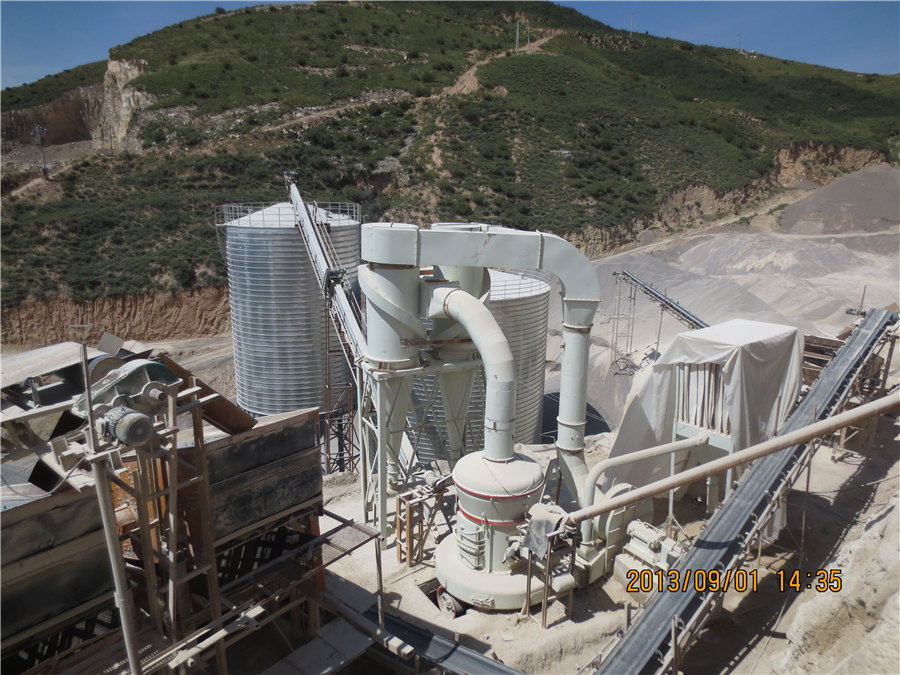
Research Review: Dust Control on Gravel Roads: Traditional
The most prevalent product used for dust abatement is magnesium chloride (MgCl) followed by calcium chloride (CaCl) MgCl is 1020% lower in cost than CaCl Oil production water salt brines, lignin sulfonates, chip seals, Permazyme, Base One and a new NDSU developed soybean 2020年11月1日 This research aimed to investigate the mechanical and durability properties of rollercompacted concrete (RCC) containing ground calcium carbonate (GCC) Five different Mechanical and durability properties of ground calcium carbonate 2024年10月14日 Among these fillers, nanocarbon coating on micronized calcium carbonate (NCMCC) has emerged as a versatile and costeffective option, recognized for its ability to Impact of NanocarbonCoated Calcium Carbonate on Asphalt 2021年1月21日 The remedy, however, is simple and affordable: TETRA ROADMASTER™ liquid calcium chloride CaCl 2 has been used for decades as a safe, lowcost means of dust control and stabilization on unpaved roads and Using CaCl 2 for Roadway Dust Control and Stabilization
.jpg)
Utilization of calcium carbide residue based soil stabilizer in road
2024年11月1日 This research paper delves into the utilization of calcium carbide residue (CCR)based stabilizer (designated as CSC) in road subgrade soil stabilization, with a 2022年7月31日 In order to explore the influence of nanocalcium carbonate on petroleum asphalt, an experiment was designed to analyze the application of nanocalcium carbonate in The Application of NanoCalcium Carbonate in the Technology of 2022年7月18日 Several barriers to using MICCP in road construction was found, a potential biohazard using exotic bacteria and the current technique used for treatment In this paper, in situ cultivation ofMICROBIAL INDUCED CALCIUM CARBONATE 2021年11月9日 Calcareous sand samples demonstrated better biotreated performance than silica sand samples The SEM results showed that the calcium carbonate (C a C O 3) Mechanical Performance of Biotreated Sandy Road Bases
.jpg)
MICROBIAL INDUCED CALCIUM CARBONATE PRECIPITATION
Several barriers to using MICCP in road construction was found, a potential biohazard using exotic bacteria and the current technique used for treatment In this paper, in situ cultivation of Carbonate producing ureolytic strains of bacteria were isolated from Western Australian soil Sand samples with a cement dosage of 7% have been subjected to microbial precipitation The Sustainable Road Bases with Microbial Carbonate Precipitation2021年1月21日 TABLE 1 – Minimal temperatures and corresponding relative humidities at which CaCl 2 absorbs moisture from the atmosphere As Table 1 shows, even when road surface temperatures reach or exceed 100°F (377°C) Using CaCl 2 for Roadway Dust Control and Stabilization2021年9月9日 Calcium carbonate is found throughout the world The forces of nature produce it from the sediment of shells and other fossils over millions of years, the most famous example being limestone It also builds seashells and 10 Calcium Carbonate Uses Benefits + Side Effects
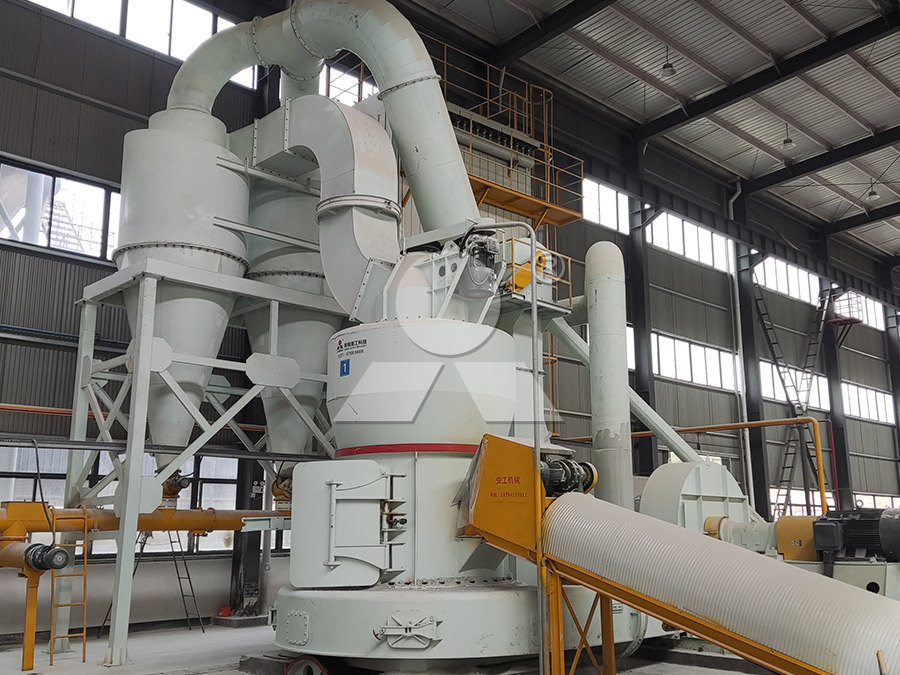
Commercial Dust Control Great Lakes Chloride
It is also our product of choice to aid in fighting snow and ice We use Calcium Chloride for dust control on our gravel roads, where we can maintain roads with underbody blades or graders, and the calcium is still present We use calcium 2022年7月18日 Biobased construction, using Microbial Induced Calcium Carbonate Precipitation (MICCP) has been investigated in recent years as a potential costeffective and environmentally friendly alternative MICROBIAL INDUCED CALCIUM CARBONATE PRECIPITATION (MICCP) FOR ROAD Calcium chloride can be mixed with the road base material on the road work site or in a plant facility off site For road mixing, trucks, a grader, a spreader, a water wagon, and a roller – or a travelling rotary mixer – are used to incorporate the calcium chloride into the gravelHow to Stabilize and Reclaim Roads OxyChem Calcium Chloride35% concentration Calcium Chloride liquid is widely used for dust control and road stabilization because the liquid is extremely hydroscopic Calcium chloride attracts moisture from the air, keeping the road damp even under hot, dry conditions55 Gal Drum of Calcium Chloride Liquid for Dust Control The Home Depot
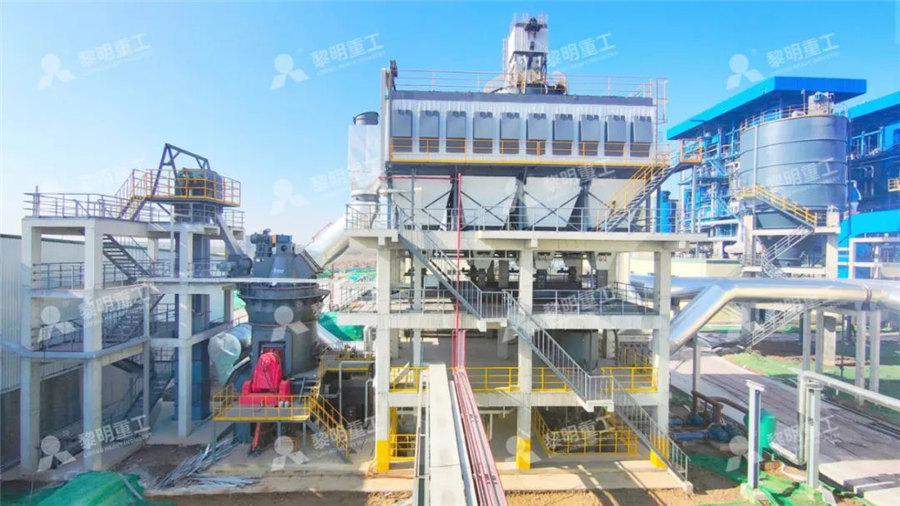
Choosing the Right Stabilization Material OxyChem Calcium
By adding the proper amount of calcium chloride to road base aggregate, greater density is achieved with less compaction force than by using water alone This can reduce rolling requirements necessary to achieve the desired density, saving time and money Road bases prepared with calcium chloride also retain water betterCalcium carbonate shares the typical properties of other carbonatesNotably it reacts with acids, releasing carbonic acid which quickly disintegrates into carbon dioxide and water:; CaCO 3 (s) + 2 H + (aq) → Ca 2+ (aq) + CO 2 (g) + H 2 O(l) releases carbon dioxide upon heating, called a thermal decomposition reaction, or calcination (to above 840 °C in the case of CaCO 3), to Calcium carbonate WikipediaCalcium carbonate has a very low solubility in pure water (15 mg/L at 25°C), sand and water) to cement stones to one another in buildings, walls and roads The setting of mortar involves several chemical reactions First, the lime is ‘slaked’ by the water to produce calcium hydroxide (slaked lime CaO(s) lime + H 2 O(l) waterCarbonate chemistry Science Learning Hub2023年11月14日 Calcium carbonate supplements are an effective way to increase your calcium intake if your diet isn’t sufficient, or you have a condition that leads to lower calcium levels Learn about Calcium Carbonate: Uses, Dosage, and Potential Side Effects
.jpg)
How to Control Dust Dust Control Road Base Stabilization and
Dust control has been widely practiced by road authorities across North America A wealth of field experience has demonstrated the effectiveness of calcium chloride for thorough, longlasting dust suppression across a wide range of gravel and climate conditions Choosing the Right Dust Suppressant Choosing the Right OxyChem Calcium Chloride 2024年10月21日 Enhanced Durability: Calcium carbonate increases the hardness and wear resistance of the paint, ensuring that road markings remain intact and visible for longer periods, despite exposure to Calcium Carbonate Powder for Road Marking Paint LinkedInCalcium chloride attracts and retains moisture from the air to provide moisture cohesion, holding fine and larger gravel particles together to facilitate compaction and contribute strength and stability to the road base The cohesive power of calcium chloride helps prevent base failures, increases the road’s load bearing capacity, and More Durable Roads Dust Control Road Base Stabilization and pave a road before it is ready! There is good information on making this decision in Appendix D Types of Stabilizers Chlorides These are the most commonly used products across the countryThey fall into three categories: Calcium Chloride in flake or liquid form, Magnesium Chloride generally in liquid form, and Sodium Chloride (road salt) SodiumSection IV: Dust Control and Stabilization US Environmental
.jpg)
RoadSurfacing, Concrete, Stone, Calcium Carbonate Products:
Congcal calcium carbonate is produced from a high purity limestone based in Cregaree, Cong, Co Mayo in Ireland The limestone is known to be one of the purest reserves in Ireland RoadSurfacing Products McGraths Limestone has been producing Asphalt Macadam products for the past 20 yearsThese calcium carbonate bonds are present in three crystalline forms in nature – aragonite, valerite and calcite The most stable form is calcite, which presents under the trigonal or rhombohedral crystalline structure (Portugal et al, 2020) Figure 1: Process of Calcium Carbonate Precipitation by Urease Positive BacteriaMICROBIAL INDUCED CALCIUM CARBONATE PRECIPITATION (MICCP) FOR ROAD 2023年10月10日 The Role of Calcium Carbonate in Road Marking Paint: Improved Durability: Road markings are subjected to harsh environmental conditions, including heavy traffic, UV exposure, and weather changesELEVATE ROAD MARKING PAINT PERFORMANCE WITH CALCIUM CARBONATE 2019年4月4日 And more importantly, the calcium carbonate they form seems to be harmless to their immediate ecosystem – unlike road salt, which is known to affect nearby aquatic environments by the end of the Calciummunching bacteria could be a secret weapon against road
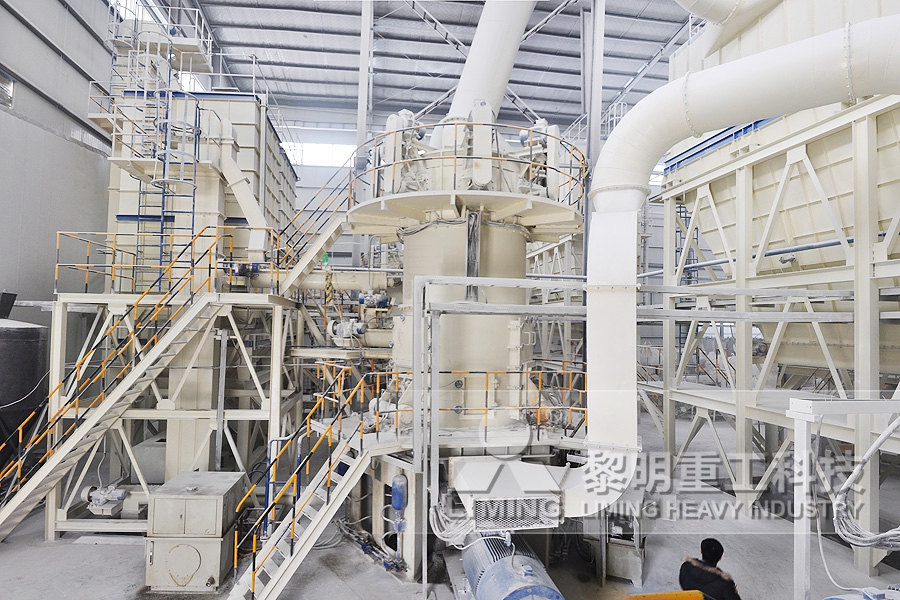
Biocementation of Lateritic Soil Using MicrobialInduced Calcium
2022年1月28日 The variation in calcium carbonate content with B coagulans suspension density is shown in Fig 1 Calcium carbonate content formed within the soil matrix amplified with an increase in the population of the microbes from 0 cell/mL up to 24 × 10 9 cell/mL Calcium carbonate content values marginally increased from 36 to 39%2021年7月8日 Meals: Different types of calcium vary in whether they're absorbed best with or without foodCalcium carbonate should be taken with meals Calcium citrate should be taken on an empty stomach Medications: Calcium should not be taken with certain medications, including antibiotics, iron supplements, high blood pressure medications, and othersCalcium Citrate vs Calcium Carbonate: Which to Take? Verywell 2021年7月7日 Watering the Road When water is applied alone, it provides a short term reduction in dust Regular, light watering is better than less frequent, It works best with fine dusts such as clay particles and when combined with calcium carbonate to offset lignosulfonate’s corrosive effect on metalDust control on rural roads Small Farm Canada2020年7月20日 The relevant literature was selected based on specific keywords including MICP, Microbiologically Induced Calcite Precipitation, Microbiallyinduced calcite precipitation, calcite, Calcium carbonate, biostabilization, biocementation, biocalcification, biogrout, urea, urease, ureolytic bacteria, native bacteria, nucleation site, shear strength, permeability, porosity, soil Microbiologically Induced Calcite Precipitation biocementation
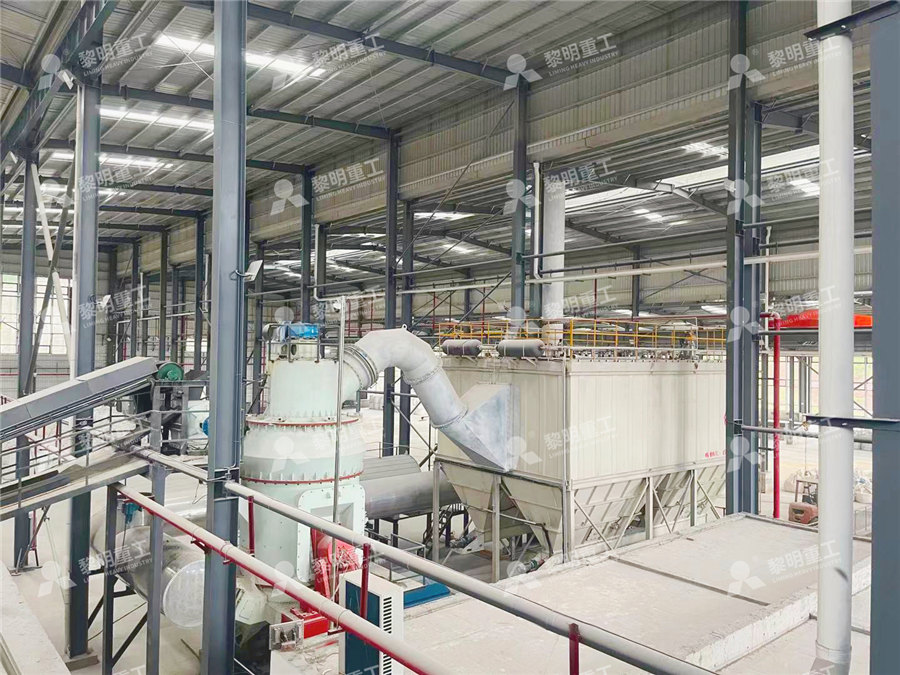
Microbiologically Induced Calcite Precipitation biocementation
2020年7月20日 The successful research on MICP for soil stabilization should focus on: the identification of microorganisms with higher calcium carbonate precipitation; soil optimal conditions to increase the microorganism growth rate (ureolytic activity); analysis of the calcium carbonate production rate under field conditions; and on differences between indigenousThe growing concern over climate change has led the drive for the development of alternative building materials in several industries, including road construction Biobased construction, using Microbial Induced Calcium Carbonate Precipitation (MICCP) has been investigated in recent years as a potential costeffective and environmentally friendly alternative engineering approachMicrobial Induced Calcium Carbonate Precipitation (MICCP) for road 2023年8月5日 Calcium carbonate is an inorganic salt primarily used to manage and treat low calcium conditions, GERD, CKD, and other indicated conditions Calcium carbonate is classified as a calcium supplement, antacid, and phosphate binder This activity outlines the significant indications, actions, and contraindications for calcium carbonate as a valuable agent in Calcium Carbonate StatPearls NCBI Bookshelf2024年7月16日 Building on the successes and challenges of using calcium chloride for soil stabilization in Canada, a study in the Township of Woolwich investigated the effectiveness of a 35% CaCl2 road base application It aimed to improve asphaltsurfaced roadway’s short and longterm performance and reduce overall lifecycle costsEffectiveness and Benefits of Calcium Chloride Stabilized Road Base
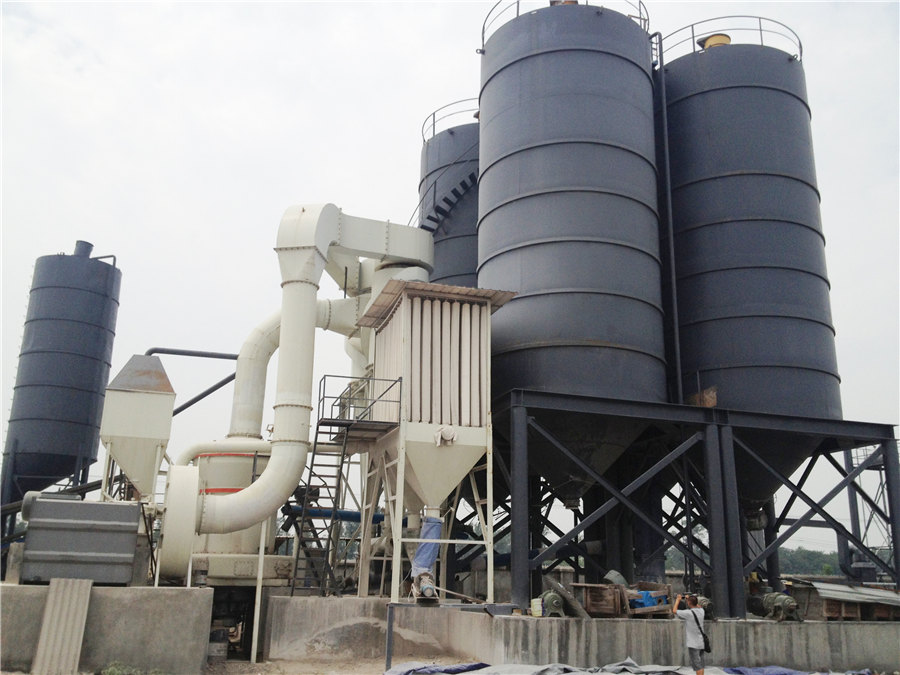
Using Calcium Chloride To Improve Secondary Roads YouTube
2016年7月8日 Discusses the use of binder materials to give a gravel road good cohesive strength Calcium chloride keeps the fines moist and in place, which in turn keepscontrol makes roads more durable Calcium Chloride: A Proven Answer For more than a century, calcium chloride has compiled a proven record of effective dust control across North America under a wide range of gravel and climate conditions Calcium chloride (or CaCl 2) WHITE PAPERCALCIUM CHLORIDE Occidental PetroleumCalcium Carbonate is an extremely versatile mineral used by manufactures of many everyday items such as glass, plasterboard, concrete, Road Safety Brought To Life For Bakewell Students Read More Welcome to Longcliffe Trusted Home Longcliffe2021年9月20日 Calcium carbonate is found throughout the world The forces of nature produce it from the sediment of shells and other fossils over millions of years, the most famous example being limestone It also builds seashells and eggshells The average eggshell contains about 22 g of calcium carbonate [1, 2]! Calcium carbonate is made of calcium 10 Calcium Carbonate Uses Benefits + Side Effects
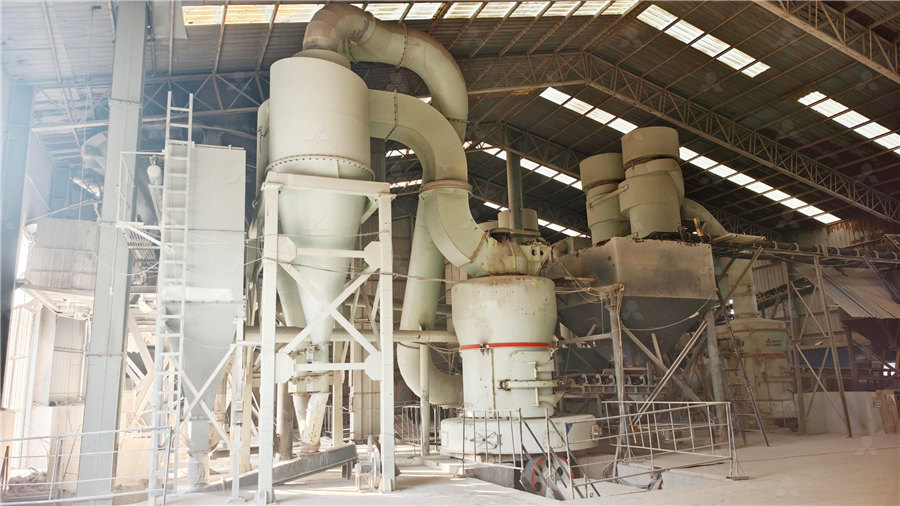
[Retracted] The Application of Nano‐Calcium
2022年7月31日 Nanocalcium carbonate is a new type of nanomaterial, which has great influence in many fields In order to explore the influence of nanocalcium carbonate on petroleum asphalt, an experiment was designed to 2024年11月12日 Calcium Compounds, Reactions, Role: The most important calcium compound is calcium carbonate, CaCO3, the major constituent of limestone, marble, chalk, oyster shells, and corals Calcium carbonate Calcium Compounds, Reactions, Role BritannicaINCOA Performance Minerals supplies fine, ultrafine and treated ground calcium carbonate for North American markets Our highquality ground calcium carbonate can be used as a functional filler in a variety of endproducts INCOA PERFORMANCE MINERALSDOWFLAKE™ Xtra 8387% Calcium Chloride Flakes have 10% more calcium chloride than conventional flake calcium chloride products They provide more poundforpound performance when used for snow and ice control, dust control, road construction and maintenance, concrete acceleration and tire weightingDowflake Xtra Calcium Chloride 20 kg Home Hardware
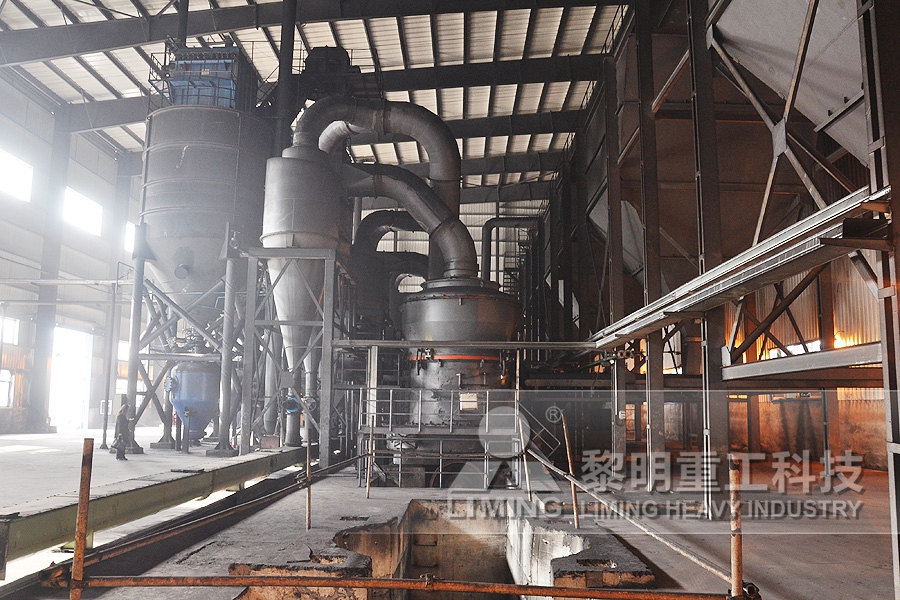
Road Treatment – Information about Calcium Chloride
Road Treatment – Information About Calcium Chloride Calcium chloride outdistances traditional deicing materials to achieve safer, bare pavement – faster than salt or abrasives alone Calcium chloride melts up to eight times as much ice as does salt alone – within the first 30 minutes at 20F (7C) following applicationOnce calcium chloride soaks into the road, the likelihood of transmission is low If an animal or a sneaker stepped in a puddle of calcium chloride, some could be transmitted and can simply be washed off with water Q4: Is there a risk to animals? A4: Calcium Chloride is hygroscopic and deliquescent, it could pull moisture from skin / paws It canQuestions about Calcium Chloride as a Dust Suppressant2021年11月9日 The SEM results showed that the calcium carbonate (CaCO 3) produced by MICP treatment can coat and bond grains and fill voids, which is more apparent in the upper portion of the bases The morphologies of the CaCO 3 precipitate in the calcareous and silica sand samples were different; this probably resulted from differences in the grain roughness Mechanical Performance of Biotreated Sandy Road Bases2014年7月1日 Calcium Carbonate isn’t bad – a certain level of it is needed in soil – you just don’t want too much of it, otherwise plants are going to have a hard time “It can bind the soil particles together so tightly that water can’t penetrate,” said ADOT’s Chief Landscape Architect LeRoy Brady “If the percentage of Calcium Carbonate Science of Transportation: Calcium Carbonate testing

Clues to trapping carbon dioxide in rock: Calcium carbonate
2014年9月4日 Clues to trapping carbon dioxide in rock: Calcium carbonate takes multiple, simultaneous roads to different minerals Date: September 4, 2014 Source:Biobased construction, using Microbial Induced Calcium Carbonate Precipitation (MICCP) has been investigated in recent years as a potential costeffective and environmentally friendly alternative engineering approachMicrobial induced calcium carbonate precipitation (miccp) for road













